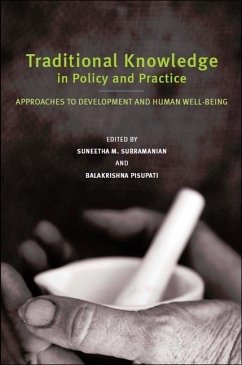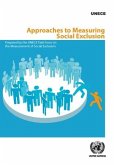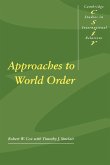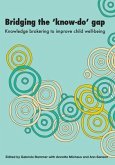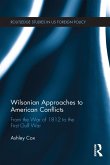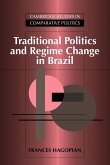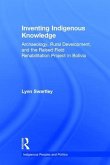Traditional knowledge (TK), the longstanding traditions and practices of certain communities, has contributed immensely to shaping development and human well-being. Its influence spans a variety of sectors, including agriculture, health, education, and governance. However, TK is increasingly underrepresented or underutilized. And, while the applicability of TK to human and environmental welfare is well recognized, collated information on how TK contributes to different sectors is not easily accessible. This book focuses on the relevance of TK to key environment-and development-related sectors. It discusses the current debates within each of these sectors and presents suggestions as to how TK can be effectively integrated with conventional science and policy. A valuable resource to researchers, academics, and policymakers, Traditional Knowledge in Policy and Practice provides a comprehensive overview of TK and its links and contributions to social, economic, environmental, ethical, and political issues. "This collection, which comprises chapters by experts from a wide range of backgrounds, including traditional knowledge-holding communities, should leave policymakers in no doubt that protecting TK is not only vital for indigenous peoples but for the common future of all of humanity."-Graham Dutfield, professor of international governance, School of Law, University of Leeds
Hinweis: Dieser Artikel kann nur an eine deutsche Lieferadresse ausgeliefert werden.
Hinweis: Dieser Artikel kann nur an eine deutsche Lieferadresse ausgeliefert werden.

